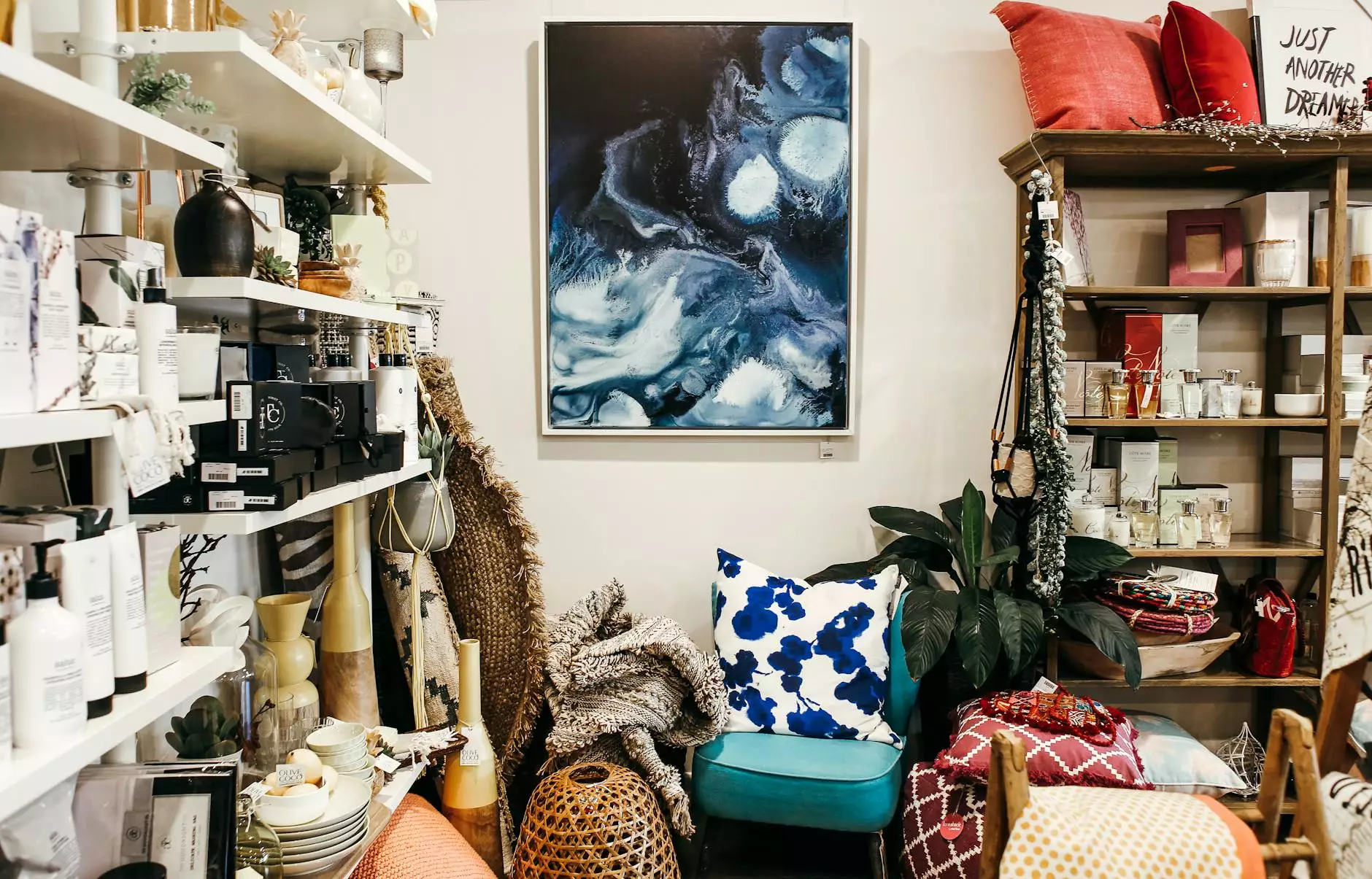The Vibrant World of South African House Music

South African house music has become a global sensation, seamlessly blending traditional African rhythms with contemporary electronic beats. At Fakaza.site, you can dive deep into this exciting genre that is not just music; it’s a cultural movement that has evolved over the decades to become an integral part of South Africa’s identity.
The Origins of South African House Music
House music as a genre emerged in the 1980s in Chicago, but it quickly spread across the globe, influencing various styles and cultures. In South Africa, house music took on its unique flavor, incorporating local sounds and influences that distinguish it from its international counterparts. Notably, the genre drew on traditional African instruments, vocals, and dance, leading to the emergence of several subgenres.
Key Subgenres of South African House Music
- Kwaito: This genre emerged in the 1990s and is characterized by its slowed-down house beats and lyrics predominantly in local languages. Kwaito speaks to the lived experiences of urban youths and is laced with social commentary.
- Gqom: Originating from Durban, Gqom is known for its deep bass lines and hypnotic rhythms that encourage dance and movement. It’s heavily influenced by the city’s cultural landscape and has gained international recognition.
- Amapiano: A relatively recent development, Amapiano emerged in the late 2010s and has since exploded in popularity. This genre combines house with jazz influences, and it features piano melodies, making it both impactful and danceable.
Exploring Music Venue Culture
When discussing South African house music, one cannot overlook the significance of music venues. These venues are not just places to enjoy live performances; they serve as cultural hubs where people gather to celebrate community, creativity, and the local sound.
Iconic Music Venues in South Africa
Here are some of the most iconic venues where you can experience the best of South African house music:
- Club Eight: Located in Johannesburg, this trendy venue is known for hosting both established and up-and-coming artists in the house genre.
- Kong: A popular spot in Cape Town, Kong has built a reputation for amazing DJ sets and electrifying dance parties that keep the crowd energized till dawn.
- Fact Durban Rocks: This festival and venue celebrate Durban’s unique music scene, with a lineup that features various house music artists.
The Role of Digital Platforms
With the rise of digital technology, platforms like Fakaza.site have become essential in promoting South African house music. They provide artists with a space to share their music and connect with fans globally. By featuring a wide array of tracks, these platforms celebrate the diversity and creativity of the genre.
How Fakaza.site Supports Artists
The website enables local artists to distribute their music easily, offering avenues for a broader reach. Here’s how Fakaza.site supports the scene:
- Free Downloads: Users can access exclusive tracks without charge, allowing artists to gain exposure and build their fan bases.
- Promotional Features: Artists can have their tracks highlighted, which can lead to more significant opportunities within the industry.
- Cultural Documentation: The platform also plays a part in preserving the cultural aspects by promoting local sounds and stories through music.
Top South African House Artists to Know
South Africa boasts a plethora of talented artists who have made significant contributions to the house music genre. These individuals have not only shaped the sound but also influenced the culture surrounding it:
- Black Coffee: An internationally renowned DJ and producer, Black Coffee’s melodic house tracks often include deep emotional layers.
- Prince Kaybee: Known for his catchy hooks and upbeat melodies, Prince Kaybee has gained popularity both locally and abroad.
- DJ Maphorisa: Not only a DJ but also a producer, DJ Maphorisa has been a significant influencer in the growth of Amapiano and house music.
The Cultural Impact of House Music
Beyond just entertainment, South African house music has become a powerful tool for social change and cultural expression. It reflects the realities of everyday life, addressing issues like poverty, love, and resilience.
Music as a Tool for Unity
House music events often draw diverse crowds, uniting people from various backgrounds. This creates a powerful sense of community and belonging. Music festivals and club nights become spaces where barriers break down, and individuals can connect through rhythm and dance.
Gender and Representation in the Scene
While the music industry has historically been male-dominated, many women are now stepping into the spotlight as DJs and producers. Artists like Lady Zamar, Nadia Nakai, and Msaki are examples of how women are reshaping the landscape of South African house music, bringing their unique perspectives and sounds to the forefront.
Global Influence and Recognition
South African house music's influence is not just limited to the continent; it has captured the ears of international audiences as well. Collaborations with global artists have helped showcase the unique sound that South African artists have cultivated.
International Collaborations
Many South African artists have worked with international names, paving the way for a fusion of styles that elevate the genre further. For instance, collaborations with artists like Jax Jones and Swizz Beatz have placed South African house on the global musical map.
Finding Your Groove with Fakaza.site
As you explore the landscape of South African house music, platforms like Fakaza.site can be your ultimate guide. Whether you’re looking for the latest hits, classic tracks, or hidden gems, Fakaza.site is the go-to destination for music lovers eager to experience the rich tapestry of sounds that South Africa has to offer.
Join the Community
The journey through South African house music is not just about listening; it’s about participation and connection. Engage with other music lovers, attend live shows, and keep an eye on emerging artists. Use platforms like Fakaza.site to discover new music, connect with your favorite artists, and immerse yourself in the vibrant culture.
Conclusion: The Future of South African House Music
As the world continues to evolve, so does the enchanting sound of South African house music. With its incredible blend of cultural influences, dedication to community, and growing global recognition, the future looks bright for this dynamic genre. You have the opportunity to be part of this evolution by exploring, sharing, and celebrating the sounds that make South African house music an essential part of both local and global culture.
south african house fakaza.site


